At a senior age, it is a basic and fundamental need of every senior citizen parent that they receive ample company, love, and care from their children.
Parent-child relationships are one of the most important and complex relationships in life. They are the foundation for a child’s development and identity. It is the parents who provide a safe environment for their child to grow into a better and responsible human.
However, as humans move forward in the race of life, it is evident that key important family values are being left behind. Where once taking care and maintaining parents with love and care was seen as a moral responsibility of a child, it is now looked upon as a burden by many.
General Responsibilities towards Parents
Just like it is the responsibility of a parent to provide their child with love, care, good education, a proper environment, and financial support, and maintain them until the age of their maturity, similarly, it becomes a responsibility of a child to support emotionally, financially, and maintain their parents when their parents are not in a position to maintain themselves.
At a senior age, it is a basic and fundamental need of every senior citizen parent that they receive ample company, love, and care from their children. Feeling lonely and neglected at a senior age is a very sad feeling and directly affects the physical and mental health of the senior parent. Consequently, their life expectancy is negatively impacted.
Legal Responsibilities
In many societies, there are legal obligations and expectations for adult children to provide support and care for their elderly parents. These obligations typically fall under the concept of filial responsibility.
Filial responsibility laws, which exist in some countries or states within countries, generally require adult children to provide financial support for their parents when they are unable to support themselves. These laws vary widely in their scope and enforcement and are not universally applicable.
It is important to note that filial responsibility laws are not present in all jurisdictions, and even in places where they exist, enforcement can be limited or rare. Thus, in many societies, the responsibilities towards elderly parents are more rooted in cultural and moral expectations rather than legally binding obligations.
According to Indian Law, children are under an inescapable legal duty to take care of their parents when they are in the evening of their life and do not have a sufficient source or support of their own. The parents who are not being maintained by their adult child can enforce their right by filing a case under section 125 of CrPC.
Under the provisions of this section, a Magistrate of the first class may, upon proof of such neglect or refusal, order the adult children to make a monthly allowance for the maintenance of their parents, at such a monthly rate as the Magistrate thinks fit. This provision is applicable in all Indian States and for persons of all castes and religions.
The Maintenance and Welfare of Parents and Senior Citizens Act, 2007, the most significant law that establishes the legal responsibility of children towards their parents in India, aims to make the provisions of maintenance and welfare of elderly parents or senior citizens more effective. It binds adult children legally to provide for their parents' maintenance. The act not only includes biological parents but also adoptive and stepparents.
The state under this act is authorized to set up maintenance tribunals for the elderly. Parents can apply to a maintenance tribunal seeking a monthly allowance from their children or legal heirs. In the 2018 amendment, the government has attempted to widen the definition of “children” to include daughter-in-law and son-in-law.
Hindu Adoption and Maintenance act 1956
Section 20 of the Hindu Adoption and Maintenance Act 1956 binds parents to maintain their child until the age of maturity, whether legitimate or illegitimate. The section further prescribes that a child is liable to maintain their parents who are elderly or incapable of taking care of themselves. A childless stepmother is also considered as a parent under this section.
Key Precedents
In the case of Dr. (Mrs) Vijaya Manohar Arbat v. Kashi Rao Rajaram Savai and anr., the Supreme Court held during 1986 that “a father or mother, unable to maintain themselves, can claim maintenance from their son or daughter. The expression "his father or mother" is not confined only to the father or mother of the son but also to the father or mother of the daughter.” Thus, it has been clarified that even daughters, whether married or unmarried, are equally responsible to maintain their elderly parents.
Global Scenario
The legal obligations of children towards their parents vary from country to country. In some countries, the law imposes a legal duty on children to provide for their parents in their old age. For example, in China, the Elderly Rights Law of 2013 requires adult children to visit their elderly parents regularly and provide them with emotional support, as well as financial assistance if necessary. Failure to do so can result in fines or even imprisonment.
Similarly, in Singapore, the Maintenance of Parents Act requires children to provide maintenance for their parents who are unable to support themselves. However, in some countries, there is no legal obligation for children to support their parents. In the United States, for example, there is no federal law that requires adult children to provide for their parents.
Final Word
In conclusion, elderly parents are undoubtedly a part of the vulnerable section of society. It is important to recognize that these are their rights, and not classified as favors. The legal obligation extends not only to providing necessities such as food, clothing, and shelter, but also extends to medical expenses and other essential requirements.
It would be better if current and future parents focus on inculcating robust family values in the upcoming generations.
![submenu-img]() Verantes Living Awarded as India’s No.1 Stainless Steel Modular Kitchen Brand
Verantes Living Awarded as India’s No.1 Stainless Steel Modular Kitchen Brand![submenu-img]() Narayana Murthy’s Infosys set to invest Rs 170000000 in this startup
Narayana Murthy’s Infosys set to invest Rs 170000000 in this startup![submenu-img]() 'Towards reducing pollution..': Delhi govt approves replacement, induction of electric vehicles in 'Gramin Sewa'
'Towards reducing pollution..': Delhi govt approves replacement, induction of electric vehicles in 'Gramin Sewa'![submenu-img]() Discover Stainless France, the Leading Supplier of Cobalt Chrome
Discover Stainless France, the Leading Supplier of Cobalt Chrome![submenu-img]() Kritika Kamra says men should take responsibility for fighting sexism: 'There's a thin line between...'
Kritika Kamra says men should take responsibility for fighting sexism: 'There's a thin line between...'![submenu-img]() 'दीदी' को हिंदू त्योहारों से दिक्कत? West Bengal में मुहर्रम पर कॉरिडोर बनवाया, 112 फुट ऊंचे दुर्गा पूजा पंडाल का काम रुकवाया, जानें पूरा विवाद
'दीदी' को हिंदू त्योहारों से दिक्कत? West Bengal में मुहर्रम पर कॉरिडोर बनवाया, 112 फुट ऊंचे दुर्गा पूजा पंडाल का काम रुकवाया, जानें पूरा विवाद![submenu-img]() Israel Hezbollah War: हिजबुल्लाह चीफ दे रहा था टीवी पर धमकी, तभी इजरायली विमानों ने कर दी लेबनान में एयर स्ट्राइक
Israel Hezbollah War: हिजबुल्लाह चीफ दे रहा था टीवी पर धमकी, तभी इजरायली विमानों ने कर दी लेबनान में एयर स्ट्राइक![submenu-img]() कोलकाता रेप-मर्डर केस में जूनियर डॉक्टरों की हड़ताल खत्म, इस दिन से काम पर लौटने का किया फैसला
कोलकाता रेप-मर्डर केस में जूनियर डॉक्टरों की हड़ताल खत्म, इस दिन से काम पर लौटने का किया फैसला![submenu-img]() तिरुपति मंदिर के प्रसाद में मिलाई जानवर की चर्बी? सीएम चंद्रबाबू नायडू के दावे पर मचा बवाल, जानिए क्या कहती है लैब रिपोर्ट
तिरुपति मंदिर के प्रसाद में मिलाई जानवर की चर्बी? सीएम चंद्रबाबू नायडू के दावे पर मचा बवाल, जानिए क्या कहती है लैब रिपोर्ट![submenu-img]() New Corona Variant: तेजी से फैल रहा कोरोना का नया XEC वेरिएंट, 27 देशों में मिले मरीज, क्या फिर दिखेगा 2020 जैसा खौफनाक नजारा?
New Corona Variant: तेजी से फैल रहा कोरोना का नया XEC वेरिएंट, 27 देशों में मिले मरीज, क्या फिर दिखेगा 2020 जैसा खौफनाक नजारा?![submenu-img]() Ford to return to India after 2 years with reopening of....
Ford to return to India after 2 years with reopening of....![submenu-img]() Maruti Suzuki launches new Swift CNG, check price, mileage, other features
Maruti Suzuki launches new Swift CNG, check price, mileage, other features![submenu-img]() ‘30 LPA, 3BHK, no in-laws’: Woman earning Rs 1.32 lakh salary lists demands for future husband, netizens say...
‘30 LPA, 3BHK, no in-laws’: Woman earning Rs 1.32 lakh salary lists demands for future husband, netizens say...![submenu-img]() In a big EV push, Centre launches Rs 10900 crore PM E-Drive scheme to replace…
In a big EV push, Centre launches Rs 10900 crore PM E-Drive scheme to replace…![submenu-img]() World’s longest car has helipad, swimming pool, mini-golf course, can seat over…; it cost…
World’s longest car has helipad, swimming pool, mini-golf course, can seat over…; it cost…![submenu-img]() Meet IPS officer who has resigned after serving for 18 yrs due to...
Meet IPS officer who has resigned after serving for 18 yrs due to...![submenu-img]() Meet Indian man, who got hired whopping Rs 12000000 crore salary job, not from IIT, IIM he is...
Meet Indian man, who got hired whopping Rs 12000000 crore salary job, not from IIT, IIM he is...![submenu-img]() Meet woman who left medical career for UPSC exam , became IPS with AIR 165 then left job due to...
Meet woman who left medical career for UPSC exam , became IPS with AIR 165 then left job due to...![submenu-img]() Meet man, who left NDA due to depression, then cracked UPSC exam to become IAS officer, his AIR was...
Meet man, who left NDA due to depression, then cracked UPSC exam to become IAS officer, his AIR was...![submenu-img]() Meet youngest CEO of India, who created first app at 9, began his own company at 13, now he is…
Meet youngest CEO of India, who created first app at 9, began his own company at 13, now he is…![submenu-img]() Congress President Kharge Slams & Opposes 'One Nation, One Election' Proposal, Calls It Impractical
Congress President Kharge Slams & Opposes 'One Nation, One Election' Proposal, Calls It Impractical![submenu-img]() Why 'One Nation One Election' Is important? Ashwini Vaishnaw Explains After It Gets Cabinet Approval
Why 'One Nation One Election' Is important? Ashwini Vaishnaw Explains After It Gets Cabinet Approval![submenu-img]() Jammu Kashmir Assembly Election 2024 Phase 1 Highlights: What Happened In First phase In J&K Polls?
Jammu Kashmir Assembly Election 2024 Phase 1 Highlights: What Happened In First phase In J&K Polls?![submenu-img]() One Nation One Election: Centre Clears Proposal, Bill To Be Introduced In Winter Session | Modi 3.0
One Nation One Election: Centre Clears Proposal, Bill To Be Introduced In Winter Session | Modi 3.0![submenu-img]() Haryana Elections 2024: Is BJP Set To Lose In Haryana? Anti-Incumbency And Other Factors Analysed
Haryana Elections 2024: Is BJP Set To Lose In Haryana? Anti-Incumbency And Other Factors Analysed![submenu-img]() Verantes Living Awarded as India’s No.1 Stainless Steel Modular Kitchen Brand
Verantes Living Awarded as India’s No.1 Stainless Steel Modular Kitchen Brand![submenu-img]() Narayana Murthy’s Infosys set to invest Rs 170000000 in this startup
Narayana Murthy’s Infosys set to invest Rs 170000000 in this startup![submenu-img]() Discover Stainless France, the Leading Supplier of Cobalt Chrome
Discover Stainless France, the Leading Supplier of Cobalt Chrome![submenu-img]() ITR filing: Haven’t received your income tax refund yet? Here’s what you should do
ITR filing: Haven’t received your income tax refund yet? Here’s what you should do![submenu-img]() Meet ‘delivery boy’ who beats Mukesh Ambani in world’s billionaire list, his net worth is…
Meet ‘delivery boy’ who beats Mukesh Ambani in world’s billionaire list, his net worth is…![submenu-img]() In pics: Saiyami Kher conquers Ironman triathlon in Germany, swims, cycles, runs to complete endurance races
In pics: Saiyami Kher conquers Ironman triathlon in Germany, swims, cycles, runs to complete endurance races![submenu-img]() Meet IAS officer, who cracked in UPSC exam along with full-time job, her AIR was...
Meet IAS officer, who cracked in UPSC exam along with full-time job, her AIR was...![submenu-img]() In pics | India vs Bangladesh 1st Test, Day 1
In pics | India vs Bangladesh 1st Test, Day 1![submenu-img]() From Mechuka to Hayuliang village: Explore lesser-known destinations of Arunachal Pradesh
From Mechuka to Hayuliang village: Explore lesser-known destinations of Arunachal Pradesh![submenu-img]() From Simlipal National Park to Mahendragiri: Top 6 hidden gems to discover in Odisha
From Simlipal National Park to Mahendragiri: Top 6 hidden gems to discover in Odisha![submenu-img]() 'Towards reducing pollution..': Delhi govt approves replacement, induction of electric vehicles in 'Gramin Sewa'
'Towards reducing pollution..': Delhi govt approves replacement, induction of electric vehicles in 'Gramin Sewa'![submenu-img]() More trouble for ex-RG Kar principal Sandip Ghosh, Bengal medical body now...
More trouble for ex-RG Kar principal Sandip Ghosh, Bengal medical body now...![submenu-img]() Tirupati Laddu row: Lab report confirms prasada contains beef fat, fish oil
Tirupati Laddu row: Lab report confirms prasada contains beef fat, fish oil![submenu-img]() Delhi: Water supply to be shut down in capital for 12 hours tomorrow due to…; check list of affected areas
Delhi: Water supply to be shut down in capital for 12 hours tomorrow due to…; check list of affected areas![submenu-img]() FATF says India faces severe 'terrorist financing threats' from...
FATF says India faces severe 'terrorist financing threats' from...
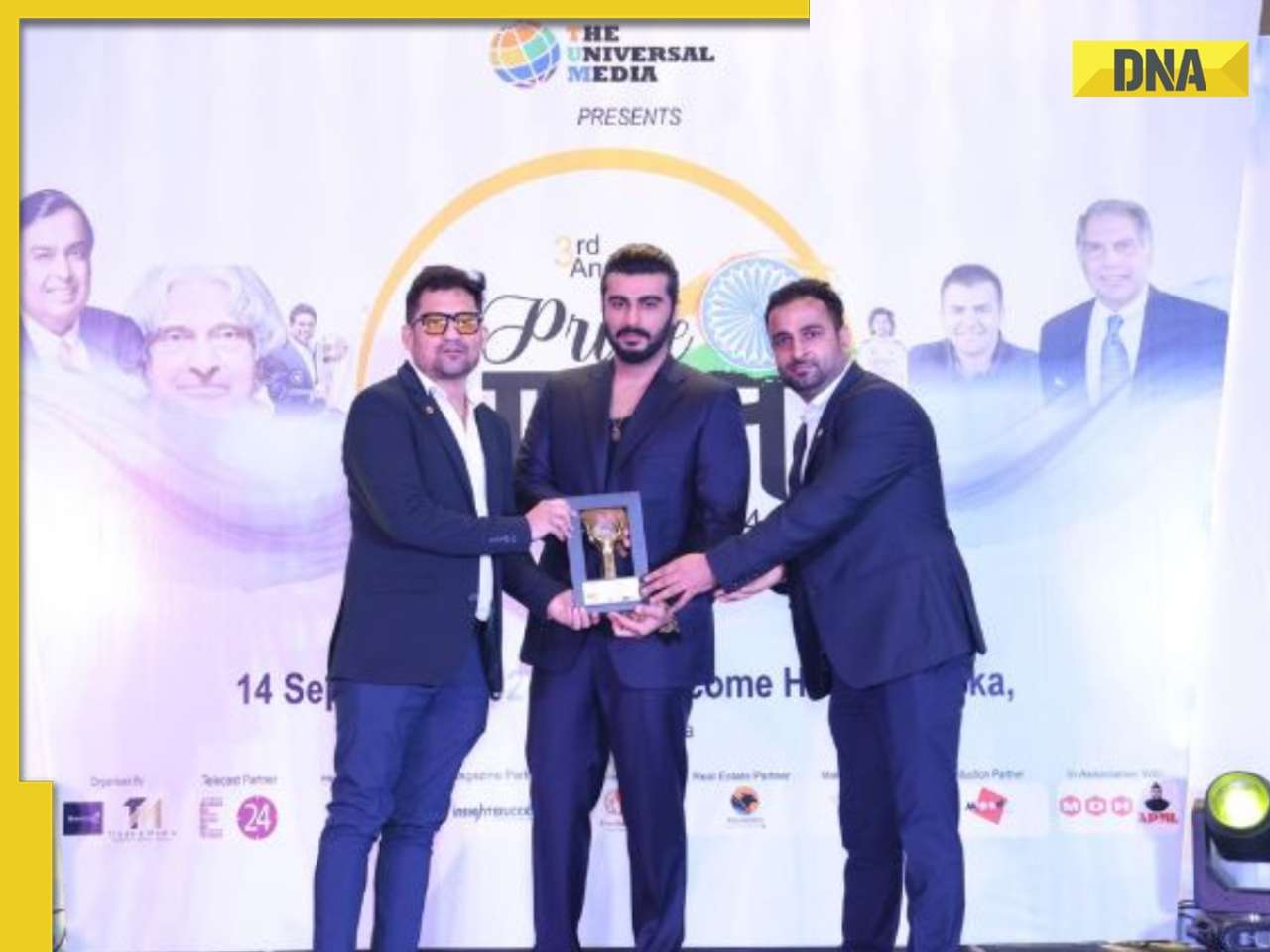

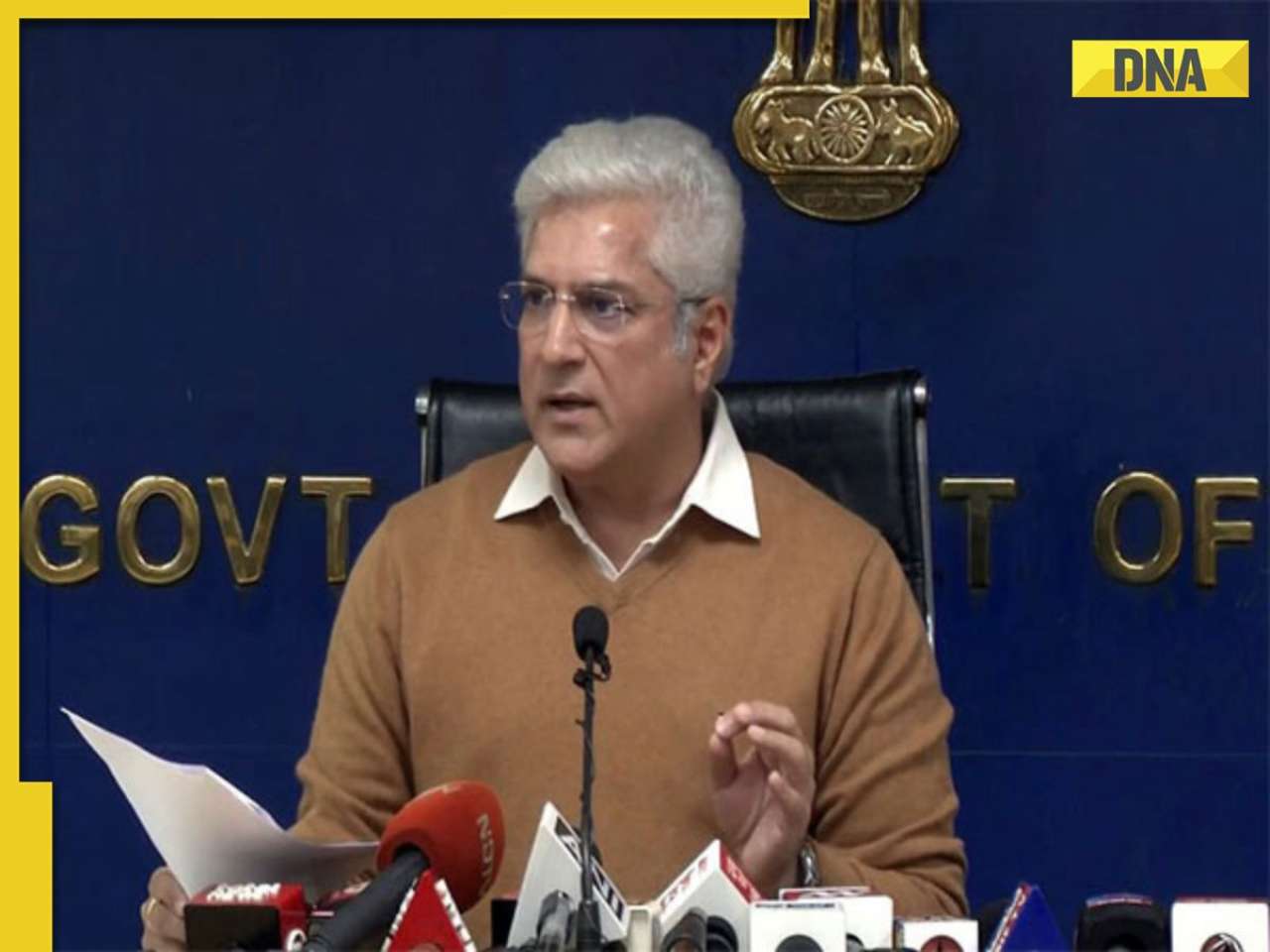























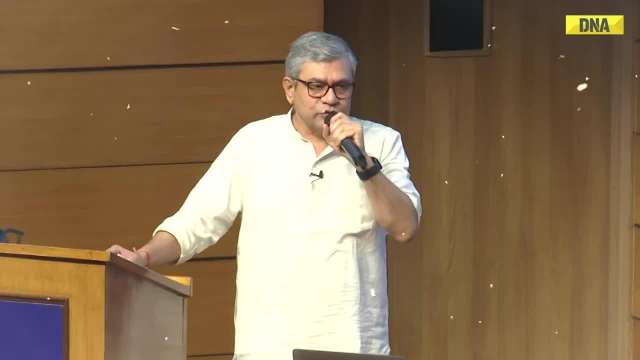










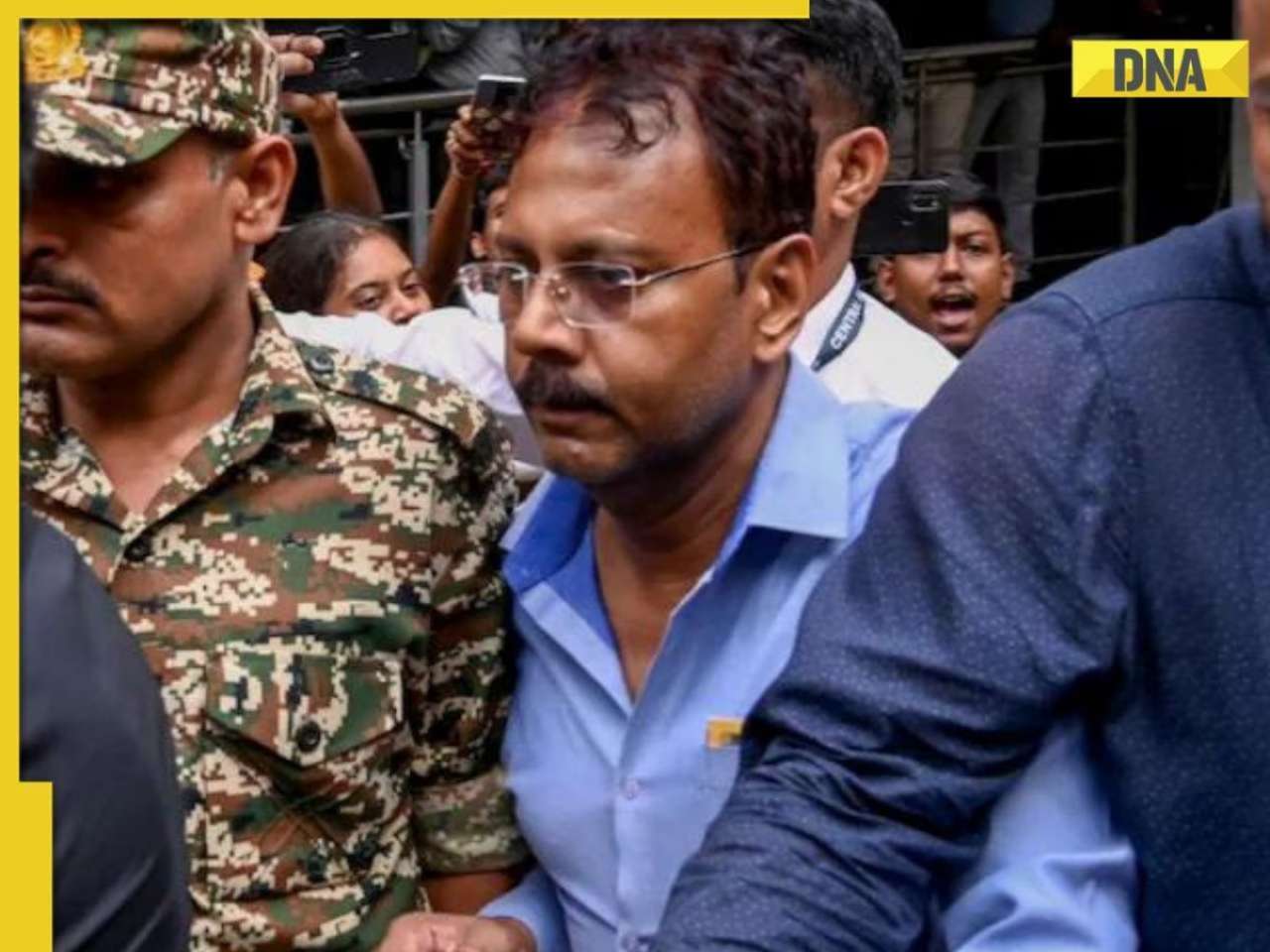

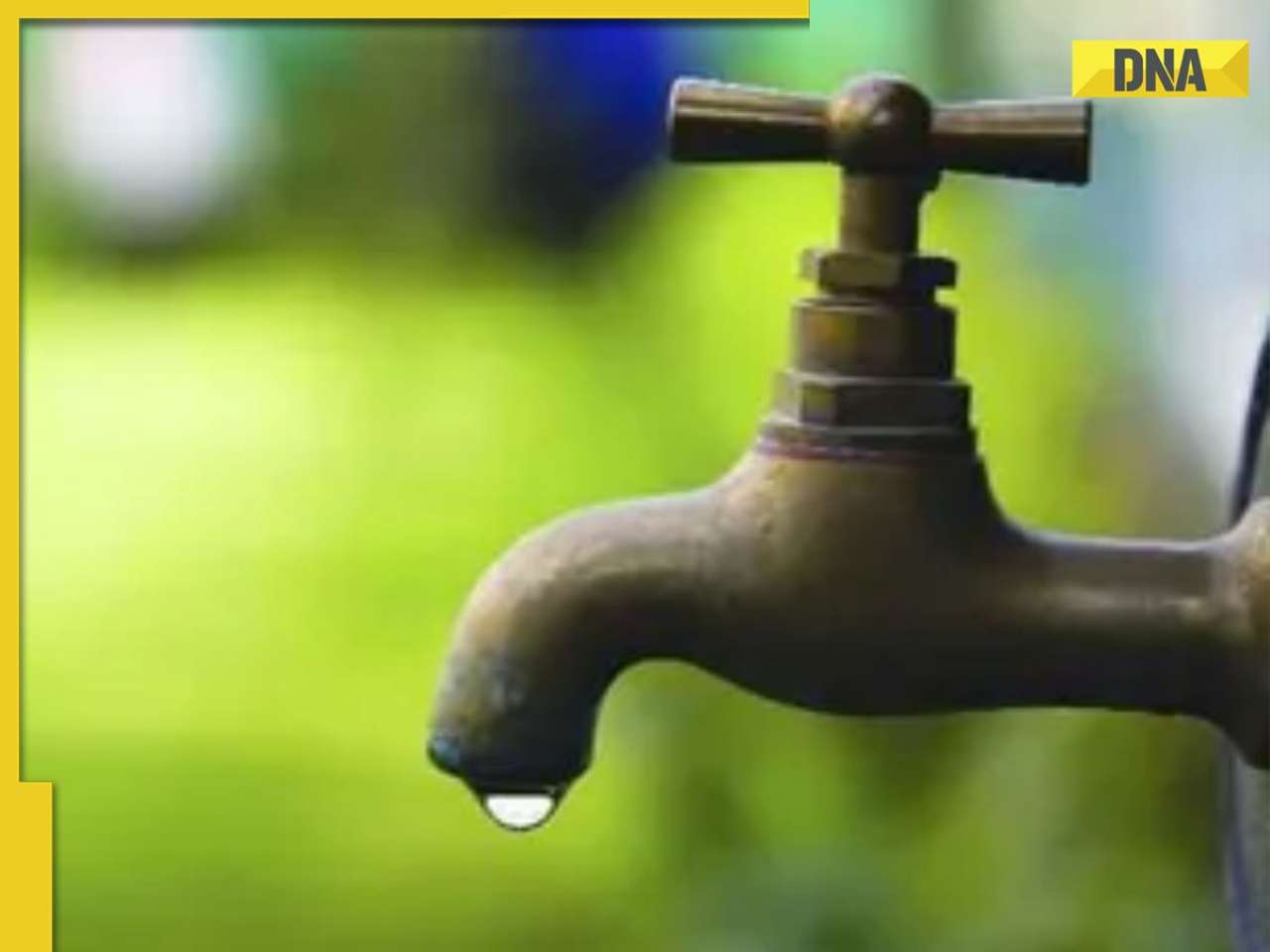


)
)
)
)
)
)
)
)
)
)
)
)
)
)
)





)
)
)
)
)
)